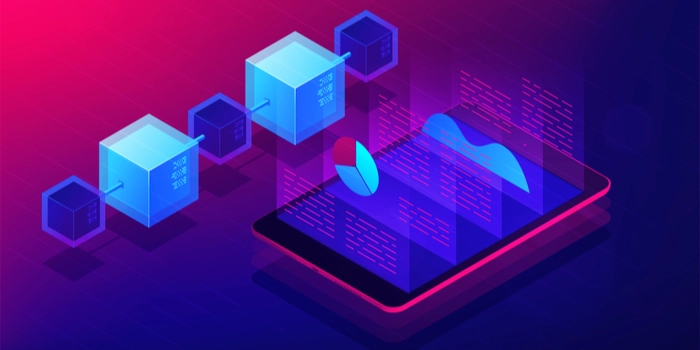Microsoft Teams cuts across organizational boundaries by bringing employees together for smarter, faster, and more efficient communication. Work that traditionally required an in-person meeting happens right in the hub—through chat, calls, smaller group video conferences, and shared files—faster than before, from virtually anywhere and even with guests outside your organization. Teams also makes it easy to customize user experience by department - with tailored integrations, bots, and feeds.
Here’s How Different Departments Benefit from Collaborating in Microsoft Teams:
Microsoft Teams and Your Finance Department
Finance teams need to aggregate and report on data while conducting business reviews on a regular cadence. Teams provides a hub in which all files, data, conversations, and meetings can happen in a single place, safely and securely. Your finance department can build secure channels for finance reviews, business insights, audits, and governance and compliance regulations. They can also track annual financial statement reviews and audit reports in shared file storage, and pin relevant applications such as PowerBI and Excel.
![[DIAGRAM] Microsoft Teams Applications by Department](https://blog.icorps.com/hs-fs/hubfs/Microsoft%20Teams%20Applications%20by%20Department.png?width=680&name=Microsoft%20Teams%20Applications%20by%20Department.png)
Engage Sales Prospects with Teams Integrations
Teams can help sales teams quickly build proposals with input from different stakeholders, while making it easier to manage longer-term projects and programs, such as planning, training, and sales-readiness. Collaboration, reporting, and knowledge sharing can happen in one place, helping sales professionals everywhere, in the home office and field, work together to meet sales objectives. Your sales team can:
-
Customize channels for Sales Readiness, Planning, RFPs/Proposals, Wins, and Best Practices
-
Schedule recurring team meetings, such as monthly business reviews
-
Upload and share sales playbooks, guides, and proposal templates
-
Set up RSS reeds for customer updates
![[DIAGRAM] Microsoft Teams Application Integrations](https://blog.icorps.com/hs-fs/hubfs/Microsoft%20Teams%20Application%20Integrations.png?width=727&name=Microsoft%20Teams%20Application%20Integrations.png)
Support Marketing Initiatives with Microsoft Teams
Marketing teams need to create, collaborate, and show results while working with a diverse group of people both inside and outside the company. They may be working with third-party developers, branding and content agencies, and advertising platforms across search engines and social media channels. Teams makes it easy to invite external partners, with audio and video conferencing, as well as secure chat and file share. Your marketers can easily customize their site, deploying unique channels and bots for event planning, advertising, public relations, and new initiatives. For each channel, they can:
-
Connect relevant third-party services such as news alerts, Hootsuite, Google Analytics, Adobe Creative Cloud, HubSpot, and social channels such as Twitter and YouTube
-
Create and store marketing assets such as plans, briefs, press releases, and design files
-
Pin marketing plans and campaign landing pages for quick reference
Foster Human Resources Programs in Teams
Teams can help HR professionals manage recruitment and employee on-boarding activities, including sharing resumes and interview notes, keeping track of candidate information, communicating hiring decisions, and sharing new employee documents. Your HR staff can build out channels for recruitment, training, events, reviews, and on-boarding, with shared Wikis for candidate feedback. By creating an HR hub in Teams, you're making it easier for employees to access company policies, HR portals, feedback forms and surveys, training opportunities, and more. With Teams, your HR employees can:
-
Share agendas, presentations, and post-training surveys using third-party apps like Survey Monkey
-
Host training sessions using audio/video conferencing in Teams
-
Schedule planning meetings, interviews, and candidate reviews
For more information about implementing Teams for your employees, please reach out to iCorps for a free consultation.





